This is the emphasis of Associate Professor, Dr. Ha Minh Hoang, Head of the Department of Data Science and Artificial Intelligence, School of Technology, National Economics University in an interview with the People's Representative Newspaper regarding solutions to successfully implement the "Digital Education for All" movement, especially the supporting role of universities in implementing this movement.
To effectively implement "Digital Literacy for All", it is necessary to mobilize resources from the whole society.
- Assoc. Prof. Dr. Ha Minh Hoang, in your view, in the current context of Vietnam, to realize the goals of "Digital Universal Education ", how should the content be designed? What is the key factor to successfully implement this movement, because every implementation in practice has negative aspects, limitations, difficulties and challenges?
Assoc. Prof. Dr. Ha Minh Hoang : First of all, I think that to organize the "Digital Education for the People" movement effectively and with quality, we must change the teaching mindset of teachers and training program designers. Because when implementing the "Digital Education for the People" movement, it means teaching ordinary people knowledge that is relatively difficult to learn, on the basis of relatively rapid changes in technology.
When designing or organizing courses in “Digital Literacy for the People”, three factors must be ensured. The first is usefulness. It is necessary to instruct people in “close-to-home” skills that they can use every day, thereby helping them have greater motivation and need to learn. These include skills such as: using public services, information security, skills to avoid technology fraud, etc.
Second, make it easy for people to access. In terms of content, the lectures must not be too difficult; the lectures can be divided into modules, each module focuses on a specific issue, and takes only 10-15 minutes to learn every day, anywhere. This helps learners gradually absorb digital skills naturally. In addition, it is necessary to convey knowledge based on multimedia platforms, which can be on online training courses, massive open online courses (MOOCs), popular classes or learning on mass media, newspapers, Youtube, Tiktok, etc. to get closest to the people.
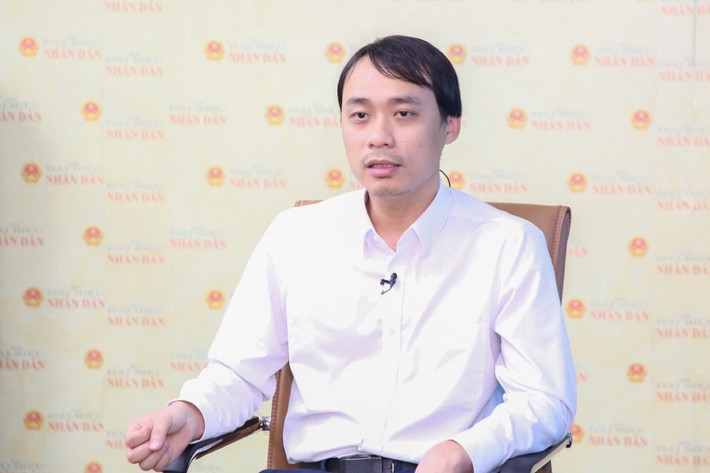
Third, the program must be flexible, especially in terms of content, because technology changes every day. The program must be designed to be flexible with changes in technology and the needs of technology users.
In addition, there are quite a few AI research groups in Vietnam in the educational environment. In recent years, due to the huge demand for AI, many groups have been formed and developed, some of which are very strong. If we want the "Digital Education for All" movement to enter people's lifestyles, we should show them that Vietnam also has software and AI products made by Vietnamese people, serving the needs of Vietnamese people.
This is one of the roles of research groups in universities or startups. They can direct research on AI applications to solve difficult problems that people encounter, thereby bringing products into practice.
On the government side, the State should have policies to support and promote research results into practice. In addition, research groups and research labs at universities can completely organize seminars or community activities to help people better understand the most basic knowledge of artificial intelligence and digital technology.
One of the very important solutions for the “Digital Literacy for All” movement to be widely and effectively implemented is to mobilize resources from the whole society and allocate them effectively. We must have an in-depth, scientific, systematic study to assess the need for learning digital skills in society, for each subject. Each subject will have different needs, so there will need to be different lectures and assessments.
To do this, we must correctly classify and understand the needs of each subject, then evaluate how each subject will affect the overall development of the socio-economy. From there, allocate resources to avoid waste and focus on substance. Only then will the movement be truly widespread when implemented in practice.
Universities play an important role
- What role do you see universities playing in supporting the implementation of the "Digital Education for All" movement? What specific directions and solutions does the National Economics University have to respond to this movement?
Assoc. Prof. Dr. Ha Minh Hoang: Universities play an important role in implementing the “Digital Literacy for All” movement. Because universities are places that train knowledge, can create in-depth research on technology as well as artificial intelligence, create products that solve social and people’s problems; thereby helping technology reach more people.
In addition, universities with facilities and a team of experts can participate in designing programs and preparing lectures; lecturers or students themselves can participate in the teaching process of "Digital Popular Education", guiding people to use technology and master digital skills. Schools can also open courses, lectures for the public or post these lectures on social networks and websites for all people to study for free. This is completely feasible and is one of the contributions that schools can make to help the "Digital Popular Education" movement become more effective.
Recently, Hanoi University of Science and Technology has deployed a MOOC (massive open online course) system that can allow the entire population to learn digital knowledge and skills for free.
With the National Economics University, in 2024, we will establish 3 schools, including the School of Technology focusing on technology and applications in economics, business, and management. The School of Technology under the National Economics University has implemented a number of activities that are very suitable for the "Popular Digital Education" movement. For example, since 2024, we have organized an online course "Exploring Data Science and Artificial Intelligence" completely free of charge for high school students. Many students have registered, many students in remote provinces can also study.
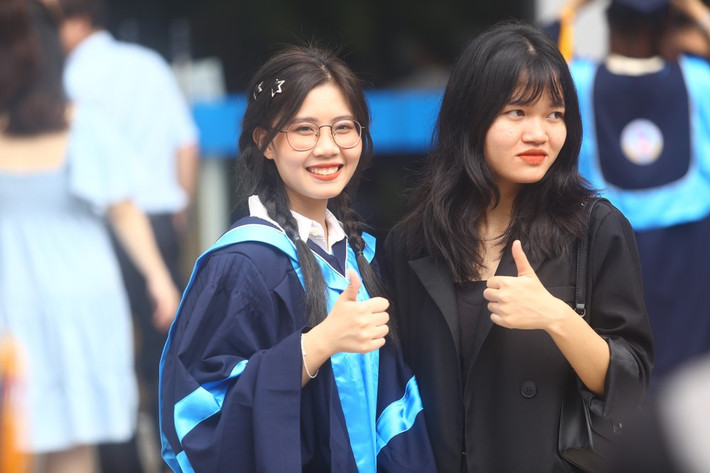
The National Economics University also has a policy of comprehensively applying AI to administration, teaching and scientific research. Recently, the Department of Data Science and Artificial Intelligence opened a class on “AI applied to scientific research and teaching” for all staff and lecturers in the school. We also open courses on digital technology for data analysis, using artificial intelligence for students and employees through online teaching, granting certificates from the National Economics University.
In addition, the school cooperates with a number of other units such as Vietnam Posts and Telecommunications Group (VNPT) to provide useful lectures for students, which can be immediately applied in their work.
The Youth Union and Student Association of the National Economics University also organized many seminars to discuss the importance of AI, AI applications in study, work, etc., attracting a large number of students to participate.
In particular, from 2024, all students of the National Economics University must study the subject "Introduction to data science and artificial intelligence", helping to popularize knowledge about technology, especially data science and artificial intelligence technology.
AI has huge potential to help personalize learning.
- One of the major challenges in implementing the "Digital Education for All" movement is how to create online learning platforms that are suitable for all audiences, from children, adults, to the elderly. In your opinion, how can AI technology help create personalized learning solutions to meet the diverse learning needs of the people?
Assoc. Prof. Dr. Ha Minh Hoang: I think that online platforms, online teaching through MOOC combined with AI will help to improve the transmission of knowledge and knowledge to everyone.

First, AI is able to detect each group of subjects: which subjects learn quickly, which subjects learn slowly, which subjects have a lot of study time, which subjects have little study time. From there, it designs lectures automatically, intelligently, targeting each specific subject.
During the learning process, AI can also rely on user behavior to know what skills the learner is weak and strong in. With strong skills, the learner does not need to supplement knowledge, but with weak skills, more exercises and tests can be assigned to guide, helping learning to be proactive and most effective.
AI has great potential to help personalize learning, especially when the "Digital Literacy" movement has many target groups with different ages, occupations, levels... This is one of the very important factors that will help the movement be implemented more widely and effectively.
- Thank you very much for sharing!
Source: https://daibieunhandan.vn/truong-dai-hoc-co-vai-tro-quan-trong-trong-trien-khai-phong-trao-binh-dan-hoc-vu-so-post411227.html



![[Photo] Cultural, sports and media bloc at the 50th Anniversary of Southern Liberation and National Reunification Day](https://vstatic.vietnam.vn/vietnam/resource/IMAGE/2025/4/30/8a22f876e8d24890be2ae3d88c9b201c)

![[Photo] Chinese, Lao, and Cambodian troops participate in the parade to celebrate the 50th anniversary of the Liberation of the South and National Reunification Day](https://vstatic.vietnam.vn/vietnam/resource/IMAGE/2025/4/30/30d2204b414549cfb5dc784544a72dee)

![[Photo] The parade took to the streets, walking among the arms of tens of thousands of people.](https://vstatic.vietnam.vn/vietnam/resource/IMAGE/2025/4/30/180ec64521094c87bdb5a983ff1a30a4)

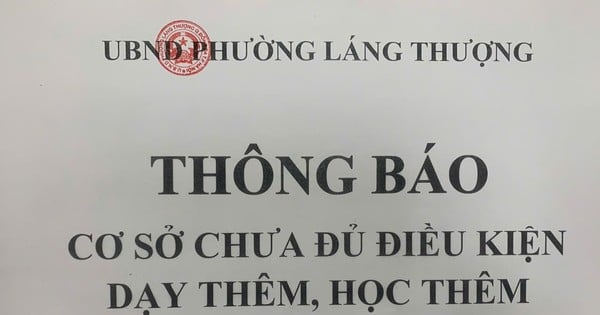


![[Video] Ho Chi Minh City to organize mock high school graduation exams at the end of May 2025](https://vstatic.vietnam.vn/vietnam/resource/IMAGE/2025/4/30/b62e7183fd9843449576840bea1d3836)




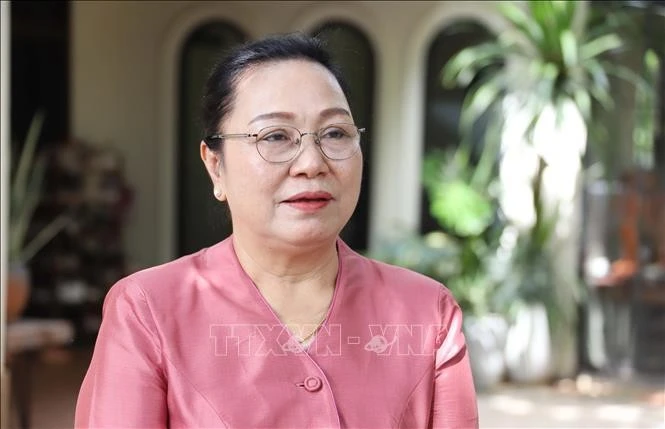
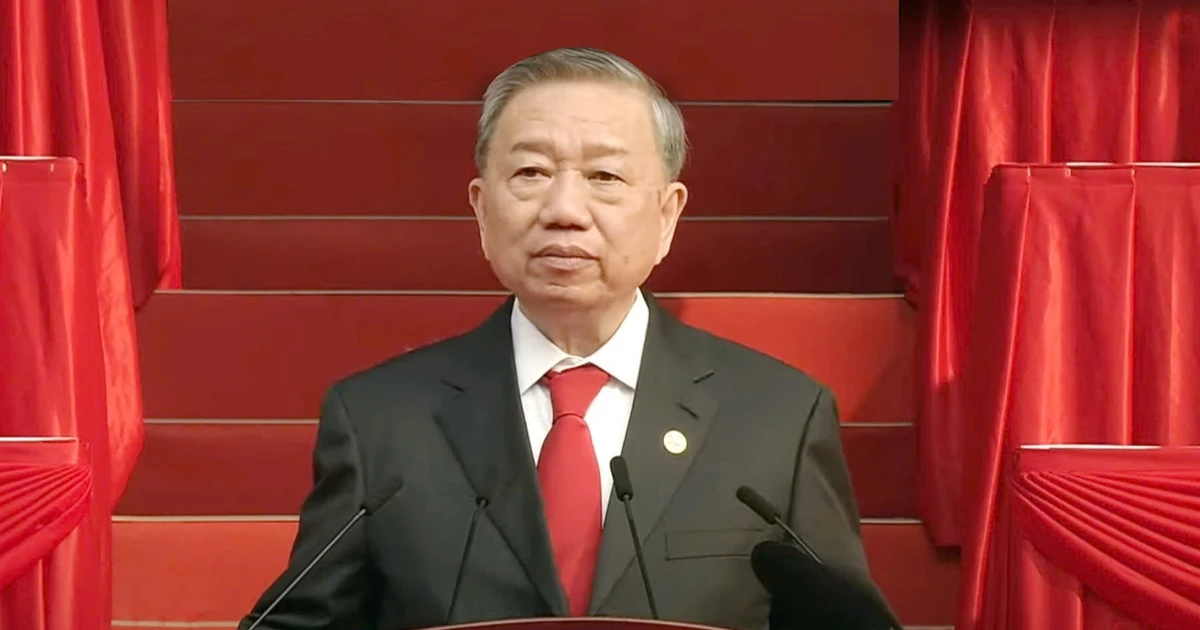



![[Photo] Performance of the Air Force Squadron at the 50th Anniversary of the Liberation of the South and National Reunification Day](https://vstatic.vietnam.vn/vietnam/resource/IMAGE/2025/4/30/cb781ed625fc4774bb82982d31bead1e)













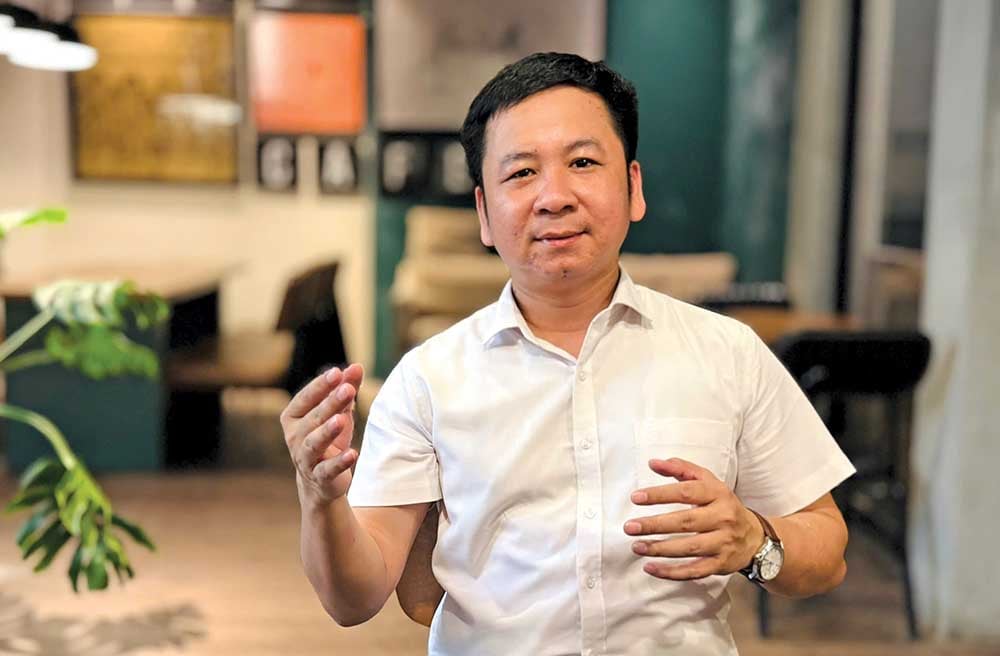


















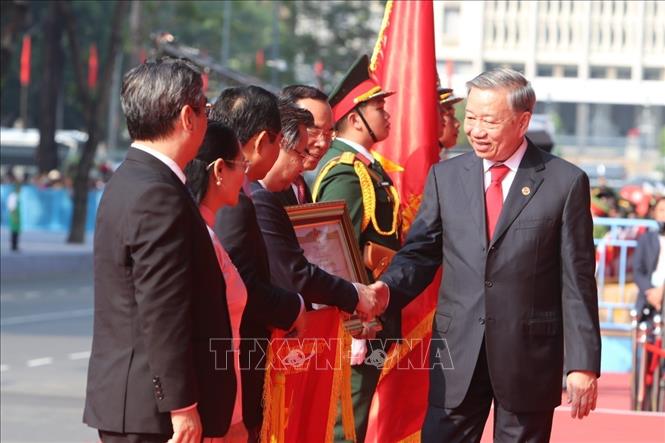







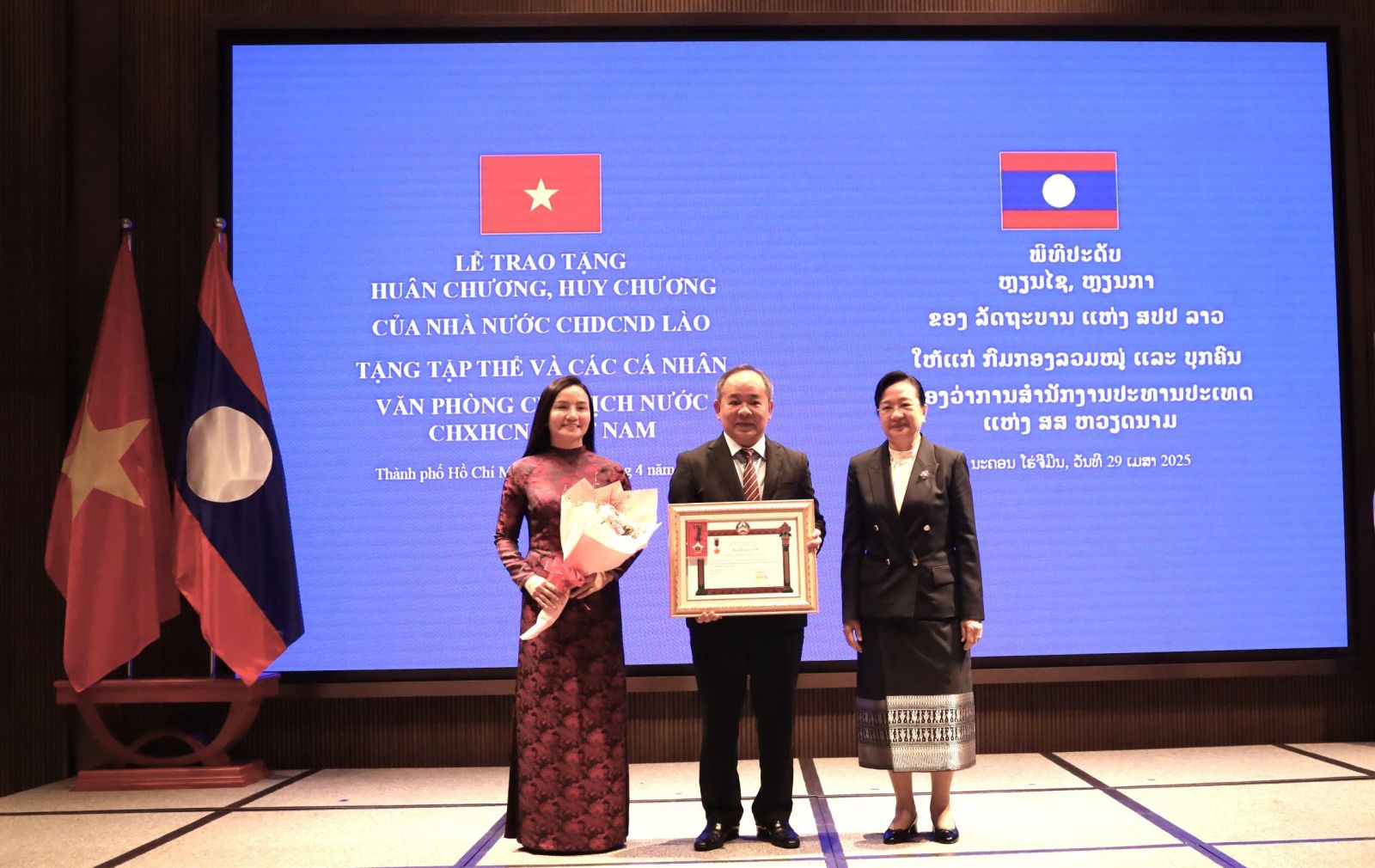



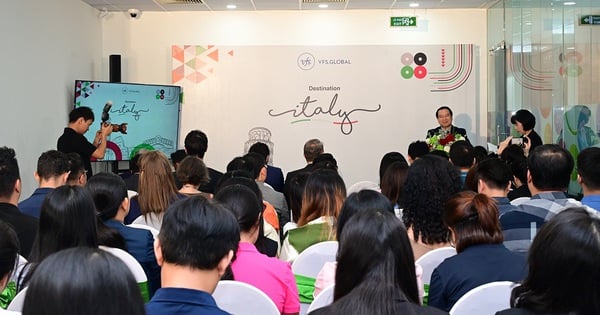




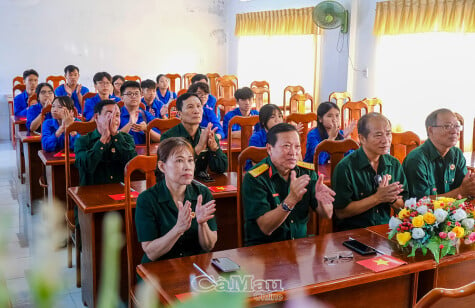




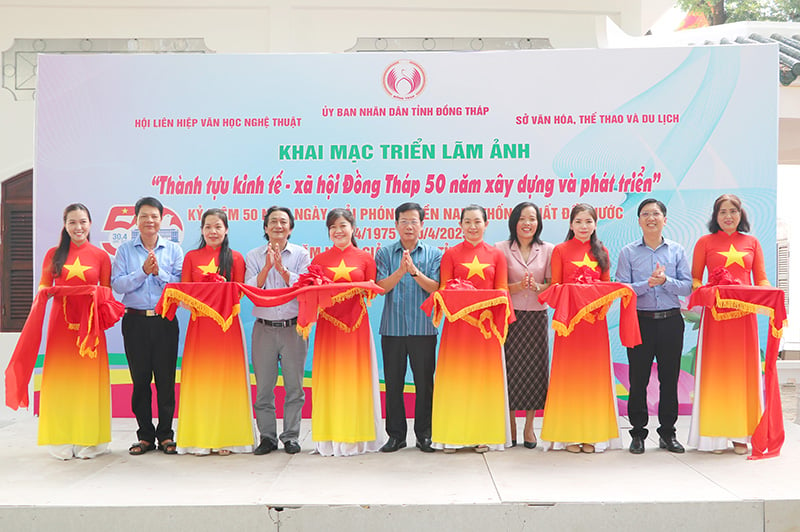










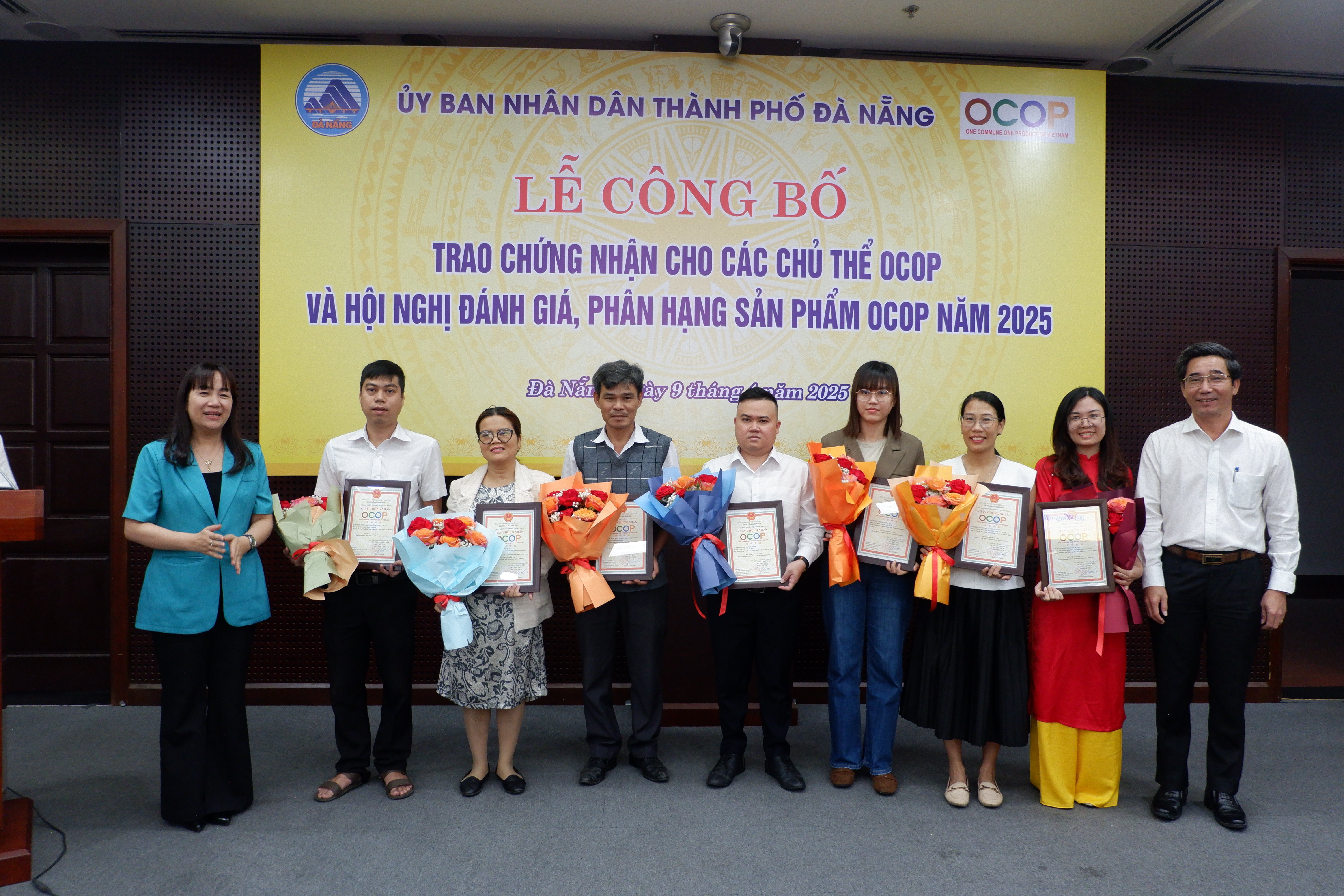

Comment (0)